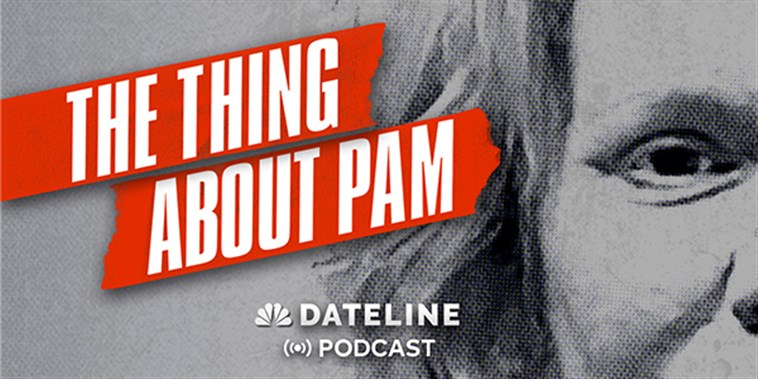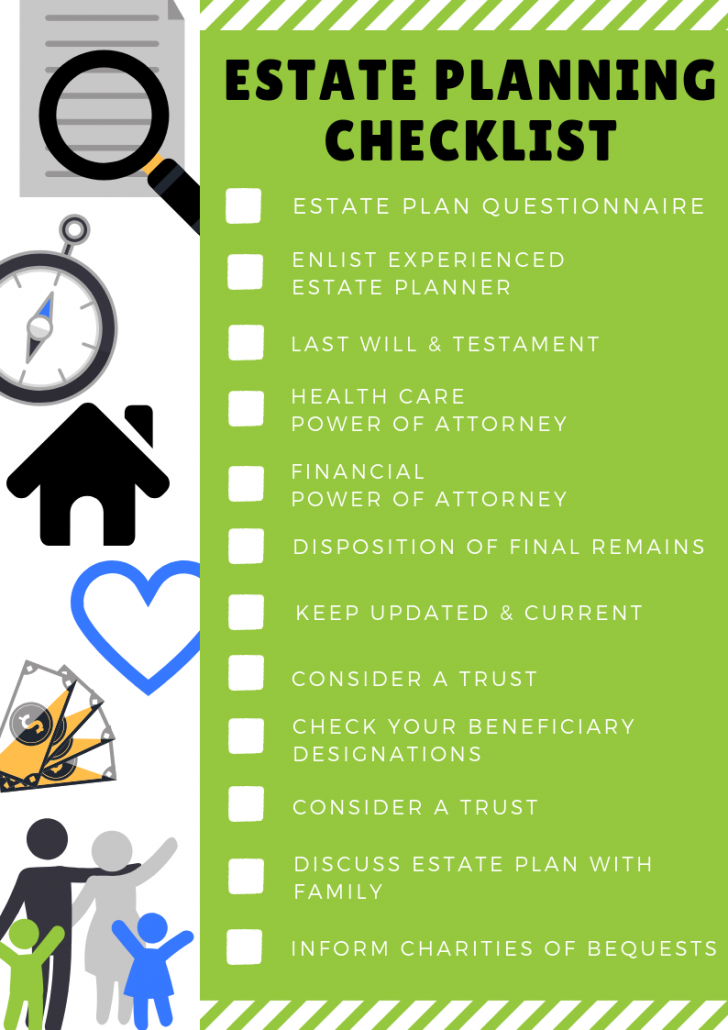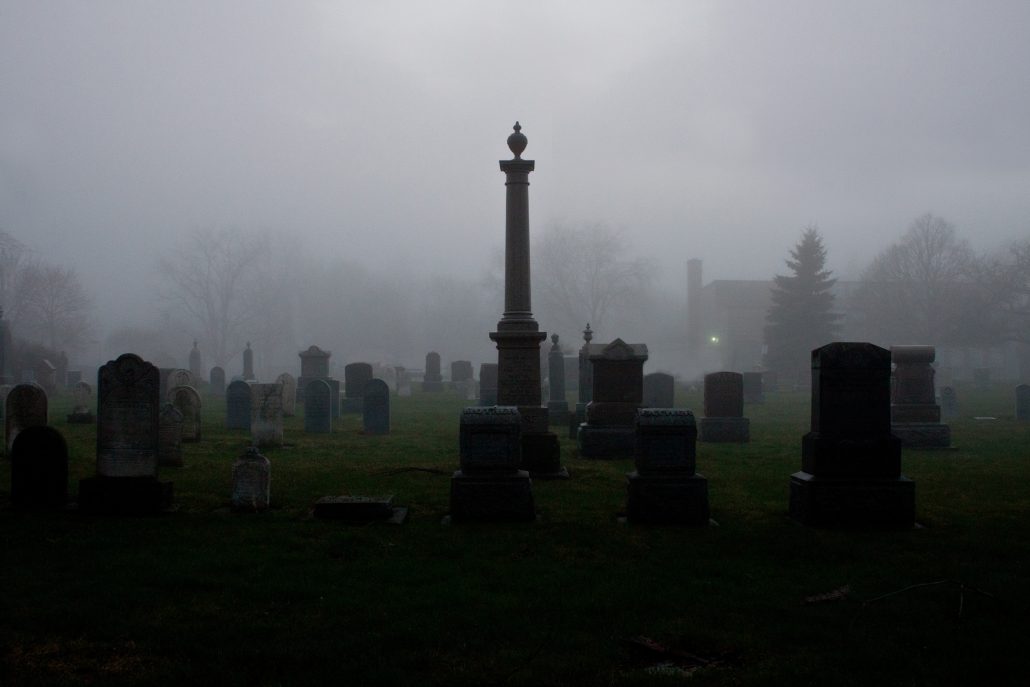I love a good podcast. They’re perfect for diving into a story or learning about something new while driving, walking, or just chilling on a quiet weekend morning. Don’t worry. I’m not here to suggest an estate planning podcast. (While I would queue that up, not many people share my affinity for the nuances of trusts and estates.) However, Dateline NBC‘s new podcast, “The Thing About Pam” does involve some estate planning aspects. I don’t want to give away the true-crime plot as it’s super interesting and definitely a bit spooky, which is fitting for Halloween, but life insurance policies play a major role in a few ways.
The Thing About Pam
Allegedly, a victim was killed just four days after changing the beneficiary to her life insurance premium (around $150,000). Furthermore, an elderly woman with dementia supposedly fell off a balcony and the beneficiary received around $100,000 from the senior citizen’s life insurance. Perhaps not so coincidently, the same person was the beneficiary of both life insurance policies—and both policyholders died under suspicious circumstances.
Life insurance was also used at a suspect’s homicide trial as one of the main motives for premeditated murder.
For fans of true crime tales, there’s a lot to unpack in this podcast and for Iowans, in general, it’s a good reminder about the role life insurance beneficiary designations work with your estate plan.
Quick Lowdown on Life Insurance
Life insurance is a vehicle for non-probate wealth transfer. This means that life insurance passes outside of probate (the legal procedure by which a decedent’s estate is distributed) to the beneficiary named on the policy. Multiple persons can be named, but generally, most policies don’t allow for class beneficiaries such as “my children” or “my nephews.”
Life insurance can be a great tool to provide estate liquidity and achieve estate planning goals such as passing along a family allowance for surviving spouses and dependents. Life insurance can provide debt relief, income replacement, and be a step toward wealth accumulation. Additionally, proceeds are paid to beneficiaries income tax-free!
Where life insurance can get complicated or leave intended beneficiaries named elsewhere in estate planning documents without remedy is where the policyholder passed away and left someone no longer a part of their life as a named beneficiary.
For instance, let’s say Annie had named her ex-husband Bob as her life insurance beneficiary back before they got divorced. Divorce does not automatically remove an ex from the policy. Because most life insurance policies are revocable (meaning the policy owner could change the beneficiary at any time) Annie could have changed the beneficiary designation, but for whatever reason forgot to. Consequently, Bob takes the life insurance money, despite the fact that Annie, at the time of her death, would have likely preferred to name someone else (like her brother Cam or niece Deb) on the policy. and then died without ever changing it.
Smart Estate Planning
In the world of wills and trusts, planning ahead means planning for many different scenarios to ensure that your property passes to who you want when you want. Of course, no one (like the victim in the recommended podcast) tends to think their life insurance policy will be part of litigation (or a criminal murder case for that matter), but that’s why it’s important to enlist an estate planner who can analyze the whole picture, not just individual pieces.
I offer a free estate planning consultation as well as this free estate plan questionnaire to help you get started on the important set of legal documents. I’d also love to hear what you think about the podcast and get your recommendations for other great series to listen to! Contact me via email or by phone at 515-371-6077.























